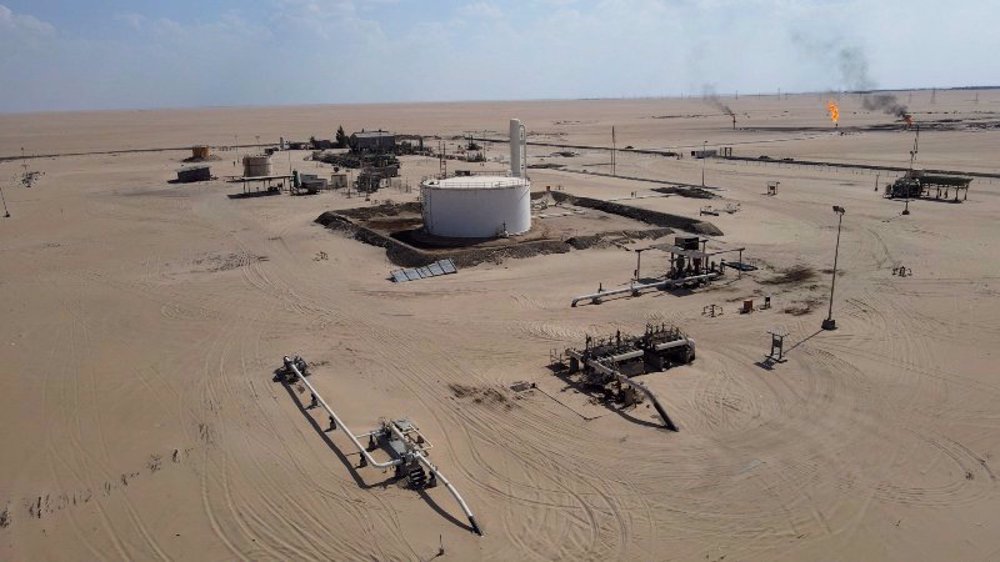Morocco fishmonger protests turning political
About 2,000 people have staged a new protest in the Moroccan capital, Rabat, in the latest of a string of rallies over the death of a fishmonger blamed on police.
The protesters, carrying Berber flags and pictures of the vendor, marched peacefully toward the parliament building in Rabat on Monday and chanted slogans against the ruling elite.
Morocco has been hit by protests since Mouhcine Fikri was crushed to death on October 28 when he climbed into a garbage compactor truck to retrieve the fish that had been confiscated from him and thrown into the truck by police.
“The death of Mouhcine is like a death for all Moroccans,” said the 22-year-old Khadija Zerwal, one of the demonstrators at the Rabat rally, adding, “This won’t stop until we get dignity and fairness.”
The protests blame police and authorities for the death of the vendor, who has become a symbol of resistance against official abuses and the “Makhzen,” a term used to describe the royal establishment.
The Monday rally took place despite the authorities’ decision to jail nearly a dozen people in connection with the death of Fikri. People doubt whether Rabat intends to launch a fair investigation into what exactly happened.

Many of the organizers and advocates of the latest protests in Morocco hail from the February 20 Movement, which was front and center during the 2011 uprising in Morocco. That year saw sweeping revolts in the Arab world against ruling dictatorships. While several such regimes were toppled in the wave of uprisings, the Moroccan king managed to stay in power by forgoing some of his powers.
Fikri’s death has been likened to that of a Tunisian vendor in 2010, which acted as the catalyst to touch off the wave of uprisings and revolutions in the Arab world in 2011.
However, it is not clear how far the recent wave of protests in Morocco can go in shaking the monarchy.
The unrest comes at a sensitive time as Morocco is due to host the 2016 United Nations climate change conference on Monday, when world diplomats will discuss the Paris Agreement aimed at tackling climate change.
Israeli forces kill 7 more Palestinians in West Bank
VIDEO | US presidential election
Netanyahu fires military affairs minister Gallant
Hezbollah attacks turn Israel’s Haifa into a ghost town
Iran’s FM meets Pakistani PM, discusses bilateral ties, Israeli atrocities
Iran ramps up gasoline output amid rising demand
UK foreign secretary under pressure over denial of genocide in Gaza
VIDEO | Press TV's news headlines









 This makes it easy to access the Press TV website
This makes it easy to access the Press TV website